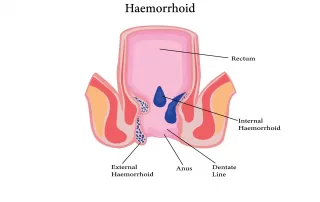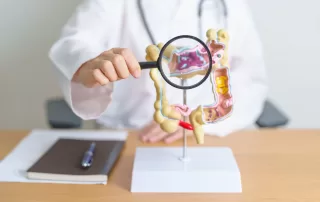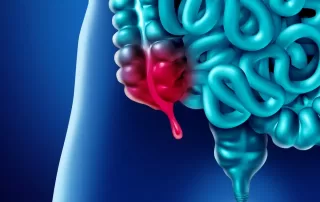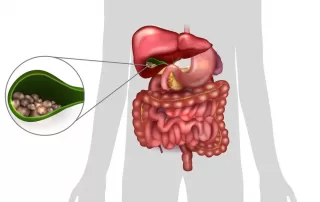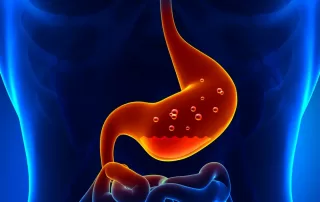Overview
The gastrointestinal (GI) tract, also known as the digestive tract, is a complex system responsible for digesting food, absorbing nutrients, and expelling waste. It extends from the mouth to the anus and includes several key organs: the mouth, oesophagus, stomach, small intestine, large intestine (colon), rectum, and anus. The accessory organs, such as the liver, pancreas, and gallbladder, play crucial roles in digestion by producing enzymes and bile that help break down food.
Several common diseases and conditions can affect the GI tract. Gastro-oesophageal Reflux Disease (GORD), Gallstones, Diverticulitis, Appendicitis, Irritable Bowel Syndrome, Inflammatory Bowel Disease, Coeliac Disease and Constipation being some of the more common ones seen in Australia.

